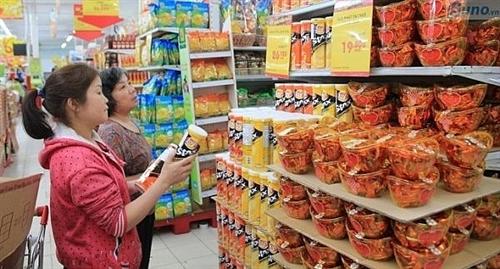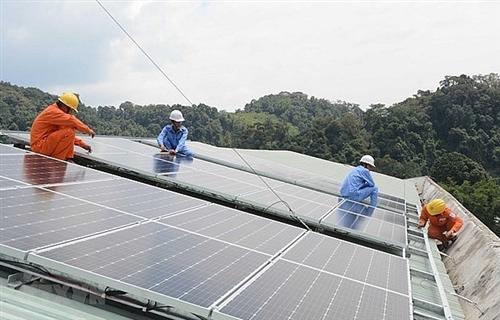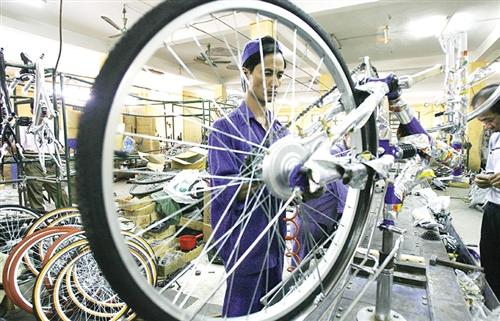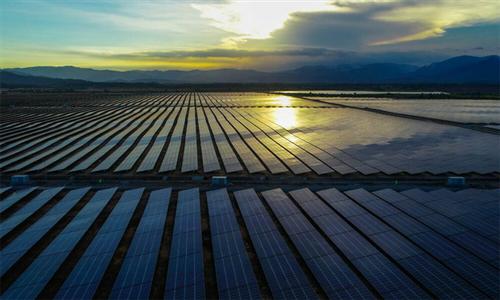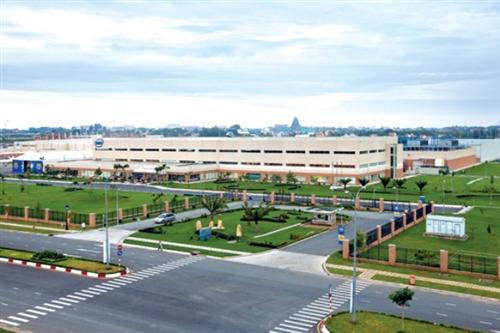Driving logistics with deeper bilateral co-operation
Driving logistics with deeper bilateral co-operation
The upcoming implementation of the EU-Vietnam Free Trade Agreement and the accompanying Investment Protection Agreement is driving transformation of Vietnam’s logistics industry.
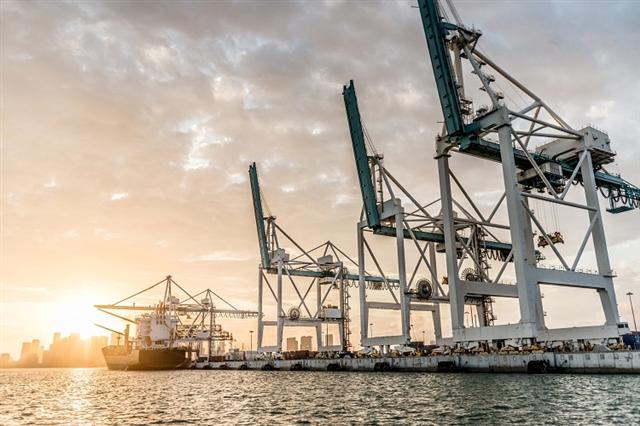
|
According to Tran Viet Huy, managing director of Tracimexco Supply Chains and Agency Services JSC (TRA-SAS), the logistics market will enjoy a positive impact from the EU-Vietnam Free Trade Agreement (EVFTA) and the EU-Vietnam Investment Protection Agreement (EVIPA). Trading and investment will increase drastically, creating remarkable opportunities for all market players.
Almost all of the EU’s biggest logistics service providers have done their business over 10 years. They are providing most of the logistics services in Vietnam, including overseas forwarding, warehousing, and local distribution, even though some services have not opened for foreign logistics companies at present.
“Once the EVIPA is approved, more EU logistic service providers will want to do partake in merger and acquisition (M&A) activities with domestic counterparts. Thus, the investment capital will increasingly flow into Vietnam’s logistics industry,” Huy stressed.
Furthermore, inquiries by EU clients offer chances for Vietnamese logistics service providers to improve and invest in their processes as well as hard and soft resources to meet their clients’ inquiries.
Nestor Scherbey, president of Customs, Trade and Risk Management Services (CTRMS) Vietnam is optimistic about the outlook of Vietnam’s logistics sector.
“After the EVFTA comes into effect, Vietnamese exports to Europe will increase and the logistics sector will benefit by carrying out new exports and deliveries through their services,” he said. “Meanwhile, foreign logistics companies will invest in the Vietnamese sector if they see a decent demand for such services in the country.”
The Ministry of Planning and Investment forecasts that Vietnam’s export turnover to the EU will increase by 20 per cent in 2020, 42.7 per cent by the end of 2025, and 44.37 per cent by the end of 2030. The EVFTA will remove tariffs on 65 per cent of the value of EU exports the moment the agreement comes into force. Thus, increasing trading as well as investment activities between Europe and Vietnam will create lots of opportunities for the logistics industry.
According to Nguyen Thi Thu Trang, director of the Vietnam Chamber of Commerce and Industry’s WTO Centre, the EVFTA not only commits to a mutual opening of markets but also contains provisions to enhance transparency, stability, and predictability for businesses. In accordance with the commitments, Vietnam will continue to improve administrative procedures and remove business conditions especially in the fields of customs and specialised inspections.
This will help businesses to cut costs and administrative workload as well as save time in import and export activities, thereby facilitating the development of the logistics industry.
Indeed, many European providers have increased operations in the Vietnamese market in recent years. A third-party logistics provider from France, FM Logistic, is expanding its footprint in Vietnam by building a $30 million warehouse and distribution centre in the northern province of Bac Ninh. The company has also decided to acquire two pieces of land located in premium locations at VSIP Bac Ninh and VSIP2 Binh Duong, in order to build modern facilities.
Meanwhile, Rent-A-Port NV, a Belgian-based company that specialises in the development of marine infrastructure and industrial zones, is investing in Deep C Industrial Zones in the northern port city of Haiphong. Deep C is conveniently connected to Lach Huyen Deep Seaport, which will cut shipping times from Vietnam to Europe from 30 to around 23 days.
In 2016, Belgium’s Herfurth Group, a global shipping, logistics, and forwarding company, also signed an MoU with Vinalines, a Vietnamese state-run shipping group, to establish a logistics centre so as to facilitate trade and logistics operations in advance of the EVFTA coming into force.
Huy from TRA-SAS said that the EVIPA will provide more legal background for investors. However, the abilities of both foreign and local logistics companies in Vietnam still do not meet the increasing demand. He expected that the new investments will bring a positive outcome for the logistics market, which will improve investor sentiment in Vietnam.
Vietnam’s logistics costs currently account for nearly 20-25 per cent of the GDP, double that of developed economies and higher than the global average of 14 per cent. The Vietnamese government should take efforts to improve the competitiveness of the local logistics industry.
Huy noted that the government should build a favourable business environment for logistics companies by highlighting some investment sectors which have an interest in it, such as rail-transport, waterway transport, and IT. Vietnam should increase co-operation with international organisations in the education of a high-skill workforce in logistics.
Meanwhile, Scherbey from CTRMS said that the Vietnamese government needs to continue the process of modernisation of trade procedures which all foreigners complain would involve too much paperwork.









